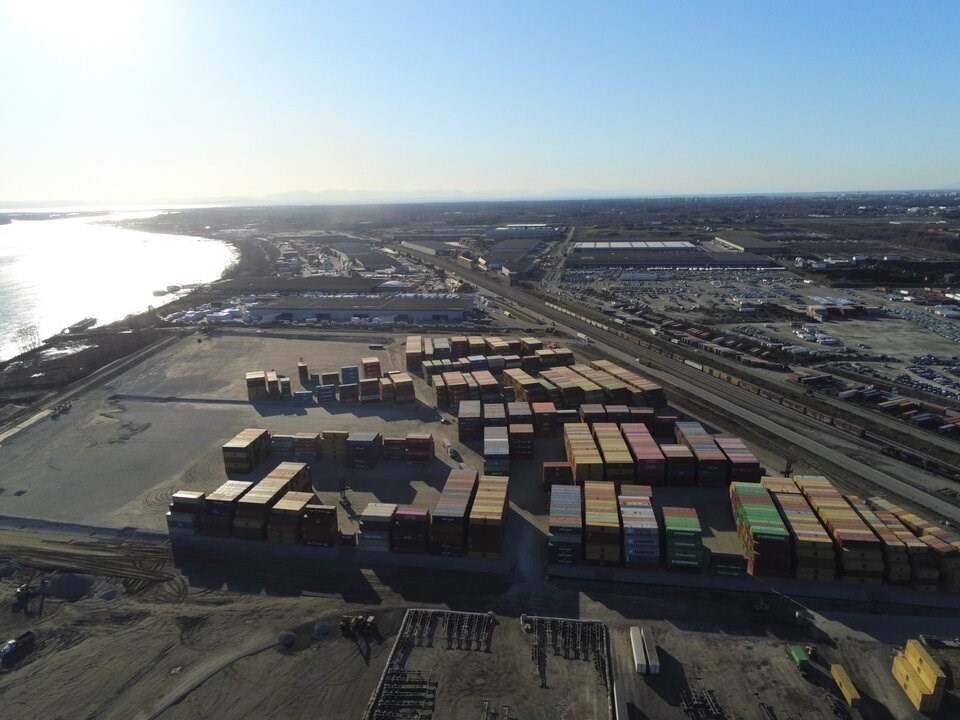World
Politicians Debate Private Property Rights in Richmond, BC

Disputes over private property rights and Indigenous title have intensified in Richmond, British Columbia, as political leaders voice differing opinions on a recent decision made by the Cowichan Valley Regional District. On September 26, 2023, the district’s decision to uphold Indigenous title claims has sparked significant controversy, drawing criticism from opposition leaders, including Conservative Party leader Pierre Poilievre.
During a press conference, Poilievre called for the overturning of the Cowichan decision, arguing that it undermines the property rights of local residents. He emphasized the importance of protecting individual property ownership and accused the provincial government of encroaching on these rights. “This decision is about fairness for homeowners. We must protect the rights of those who have invested in their properties,” he stated.
The clash highlights a broader issue in British Columbia regarding the balance between private property rights and the recognition of Indigenous title. Supporters of the Cowichan decision argue that it aligns with the province’s commitment to reconciliation with First Nations. They contend that recognizing Indigenous title is essential for addressing historical injustices and fostering meaningful relationships with Indigenous communities.
Municipal Affairs Minister, Rita Giesbrecht, defended the decision, asserting that it reflects the legal framework set by the British Columbia Supreme Court and aims to respect Indigenous rights. “This is not just about land; it’s about acknowledging the history and the rights of First Nations in our province,” she said during a recent session of the legislative assembly.
The controversy has sparked a heated debate among local residents and political leaders, with many voicing concerns about the potential impact on property values and local governance. Critics of the Cowichan decision fear it could set a precedent that may restrict property development and alter the landscape of land ownership in the region.
In response, proponents of Indigenous rights argue that the recognition of these titles is crucial for sustainable land management and respect for Indigenous sovereignty. They believe that such decisions are a step towards correcting past wrongs and ensuring that Indigenous voices are integral to land use discussions.
Local government representatives from the Cowichan Valley Regional District are also weighing in, stating the need for a balanced approach that considers both property rights and Indigenous title. “We must find a way to work together and create a framework that respects everyone’s rights,” remarked John Hargrove, a board member of the Cowichan Valley Regional District.
As the debate unfolds, it remains to be seen how this will influence local governance and property rights legislation in British Columbia. The discussions are emblematic of a larger national conversation regarding Indigenous rights and property ownership, reflecting the complex history and ongoing negotiations between Indigenous and non-Indigenous communities across Canada.
Moving forward, the provincial government will need to navigate these competing interests carefully, as the outcomes of this debate could have lasting implications for the future of land use and property rights in British Columbia.
-

 Science2 months ago
Science2 months agoToyoake City Proposes Daily Two-Hour Smartphone Use Limit
-

 Health2 months ago
Health2 months agoB.C. Review Reveals Urgent Need for Rare-Disease Drug Reforms
-

 Top Stories2 months ago
Top Stories2 months agoPedestrian Fatally Injured in Esquimalt Collision on August 14
-

 Technology2 months ago
Technology2 months agoDark Adventure Game “Bye Sweet Carole” Set for October Release
-

 World2 months ago
World2 months agoJimmy Lai’s Defense Challenges Charges Under National Security Law
-

 Technology2 months ago
Technology2 months agoKonami Revives Iconic Metal Gear Solid Delta Ahead of Release
-

 Technology2 months ago
Technology2 months agoSnapmaker U1 Color 3D Printer Redefines Speed and Sustainability
-

 Technology2 months ago
Technology2 months agoAION Folding Knife: Redefining EDC Design with Premium Materials
-

 Technology2 months ago
Technology2 months agoSolve Today’s Wordle Challenge: Hints and Answer for August 19
-

 Business2 months ago
Business2 months agoGordon Murray Automotive Unveils S1 LM and Le Mans GTR at Monterey
-

 Lifestyle2 months ago
Lifestyle2 months agoVictoria’s Pop-Up Shop Shines Light on B.C.’s Wolf Cull
-

 Technology2 months ago
Technology2 months agoApple Expands Self-Service Repair Program to Canada









